A “Magical Village” is a place with symbolism, legends, history, important events, day-to-day life – in other words, “magic” in its social and cultural manifestations, with great opportunities for tourism
We have long been fascinated by the Pueblo Magico towns of Mexico. At one point in the preparation I even suggested we try to visit ALL of them on our journey south. Well, that isn’t going to happen. But we are slowly checking some off the list. This past few weeks, as we are getting our road legs back underneath us, we have visited no less than six pueblo magicos, each seemingly more magical than the next.
The magic began shortly after we left Puerto Vallarta. We passed the turn off to San Sebastian del Oueste, having visited back in May, but before long arrived in Mascota, one of the most recent inductions into the club. What was obviously a working town, nonetheless displayed the architecture and color we have come to know and love.
After our, somewhat, disappointing camp at Lake Chapala, we needed to immerse ourselves in culture and headed to Tapalpa, a pueblo magico that Pete and Natasha had proclaimed one of their favorite small cities. A bit sleepy, a bit dusty, it was nonetheless an amazing first foray back into the land of magic. We wandered side streets, feeling as though we had stepped back in time to another era. The addition of cowboys on horses did nothing to dissuade from that impression. The town was preparing for a weekend celebration that, alas, we would not be in attendance for, but even a mere couple of hours surrounded by elaborate door knockers, and 400-year old buildings, our enchantment grew.
Becoming a pueblo magico requires a bit of work. The government invests many millions of pesos to promote the designation, so a town must fit a number of predetermined qualifications, regarding size of population, local artisans and craftspeople, historical significance, and keeping the cuisine traditional.
From Tapalpa we headed to Mazamitla, believing we might luck out on a place to spend the night. While that didn’t quite work out as planned, lunch spent people watching in the square proved highly entertaining. The characteristics of the various pueblo magicos varies widely. Although all became pueblo magicos on a similar premise, from sleepy Tapalpa, we were a bit astonished to find Mazamitla an extremely bustling place, full of families on school holidays.
But, we were in search of quiet, and soon found ourselves perched near the shores of Lake Patzcuaro. We are immediately transported back to another time and place. A place far from the tourism of modern Mexico. Patzcuaro is a working city, with the most impressive daily market we’ve seen since SE Asia. Multiple grand plazas sit surrounded by inviting cafes and coffee shops. People watching is intense, with many of the local ethnic groups selling their crafts, mixed in with the socialites of the town, as put together as anyone you would see in a metropolitan city. The planned couple of days unfolds into a week.
Following the Ruta del Conventos, we wound our way to the more diminutive magic of Cuitzeo. Set on the scenic shores of Lago Cuitzeo, the name means “place of jars”, and is easily visited in a few hours. Delectable local restaurants crowd the square facing the former convent and main church, while cobblestone streets lead the wanderer from one scenic street to another.
Avoiding the toll roads, we unexpectedly found ourselves in Yuriria, a pueblo magico we had never before heard of. A large, vibrant city, the history of it’s past hundreds of years is evident in the tangle of cobblestoned, narrow streets, lined with impressive rock walls. The massive former convent, now cathedral, is surely the highlight, while an energetic city bustles around the perimeter.
San Miguel de Allende. The name is synonymous with the colonial hill towns of central Mexico. As we settled into our, extremely well located, campground, we were immediately taken in by her charm. In light of full disclosure, SMA is no longer deemed a pueblo magico. Apparently, the inclusion into the list of UNESCO World Heritage Sites removed this remarkably beautiful city from that list, but all of the mystery and dramatic skylines continue to enchant the visitor.
Our slow, and winding, path south will lead to more discoveries. More cities known, and unknown to us. More special places where history and culture collide to form cities important enough to be called magical.
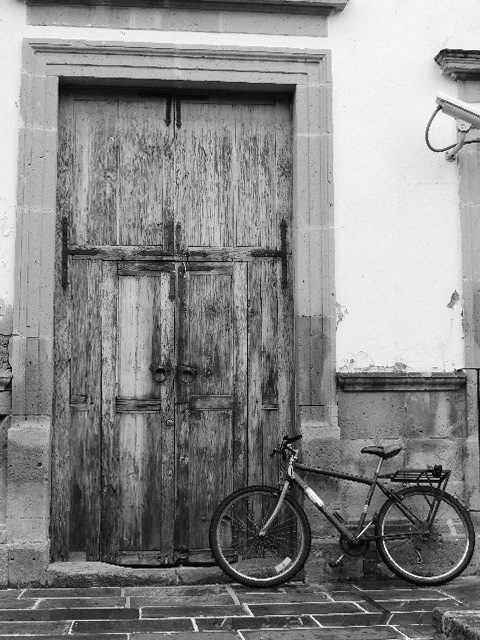
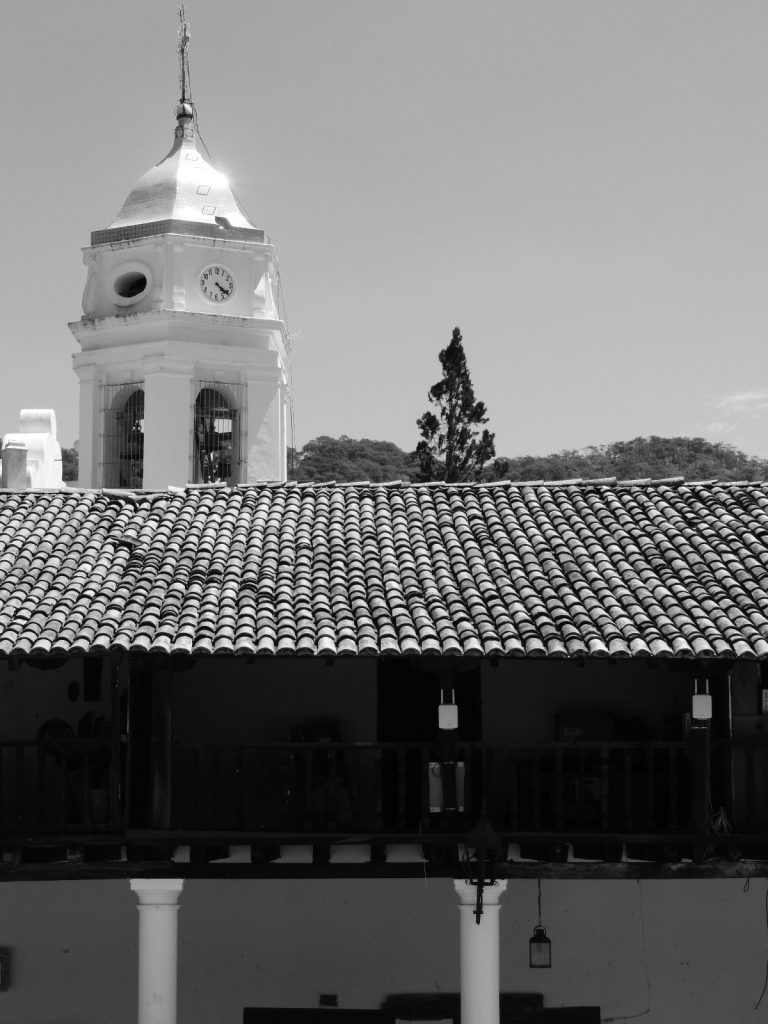


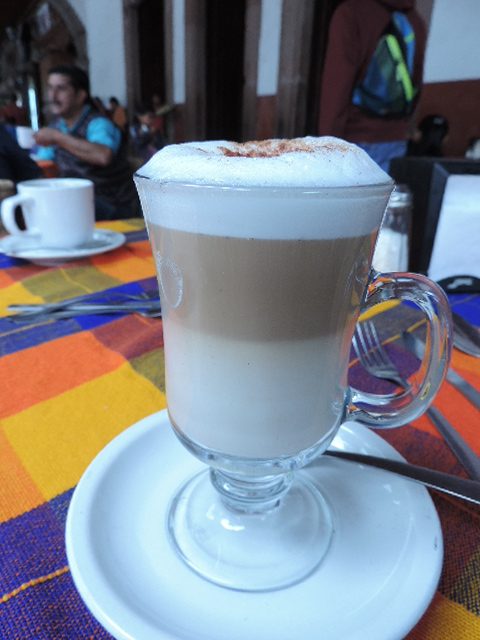
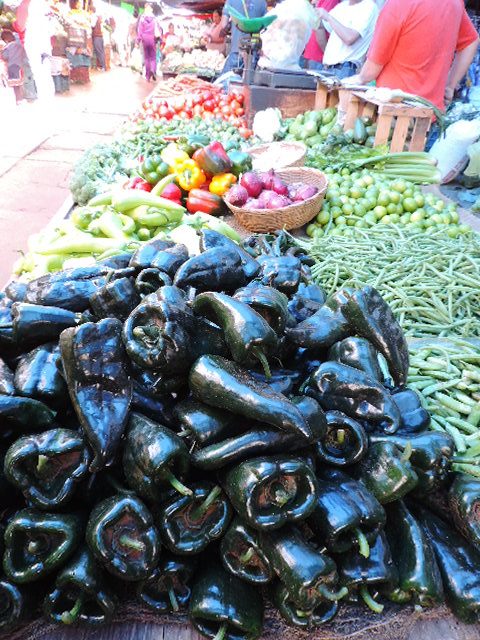
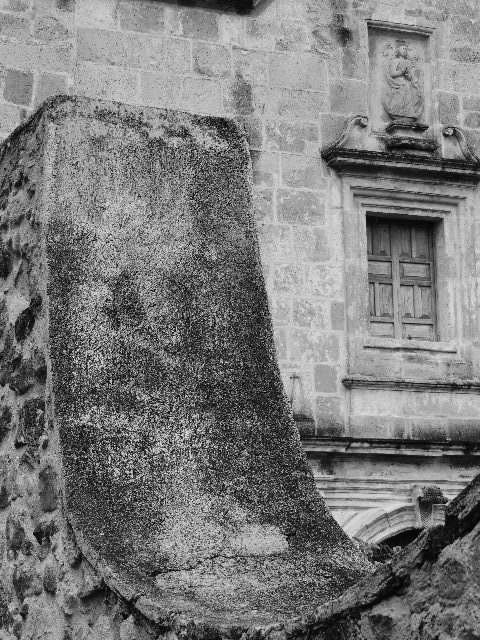
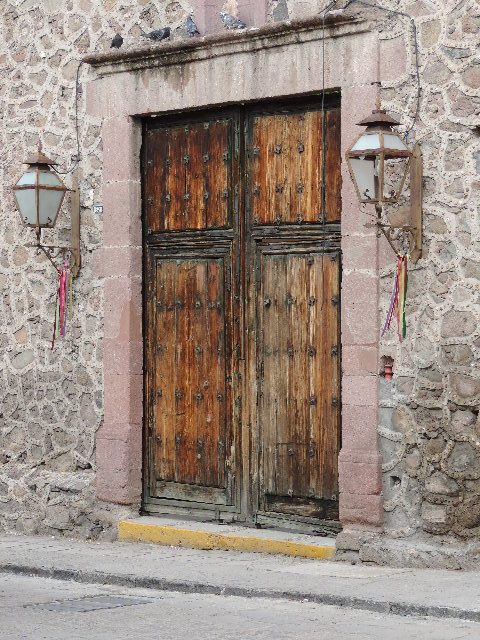


Looks like we’ve got a tonne of Pueblos Mágicos to check out on our way north 🙂
Oh yes you do…. I am missing some of them already!
I have heard about the Magic Pueblos, but did not realise the government actually invests heavily to keep these charming places from turning into charmless tourist traps. It is such a shame when these places loose character and tradition. I am glad you are having such a lovely time in Mexico ?
Thanks Gilda. Many outside of Mexico have never even heard of them, and they do all vary in size and qualities, but we are enjoying checking them out.